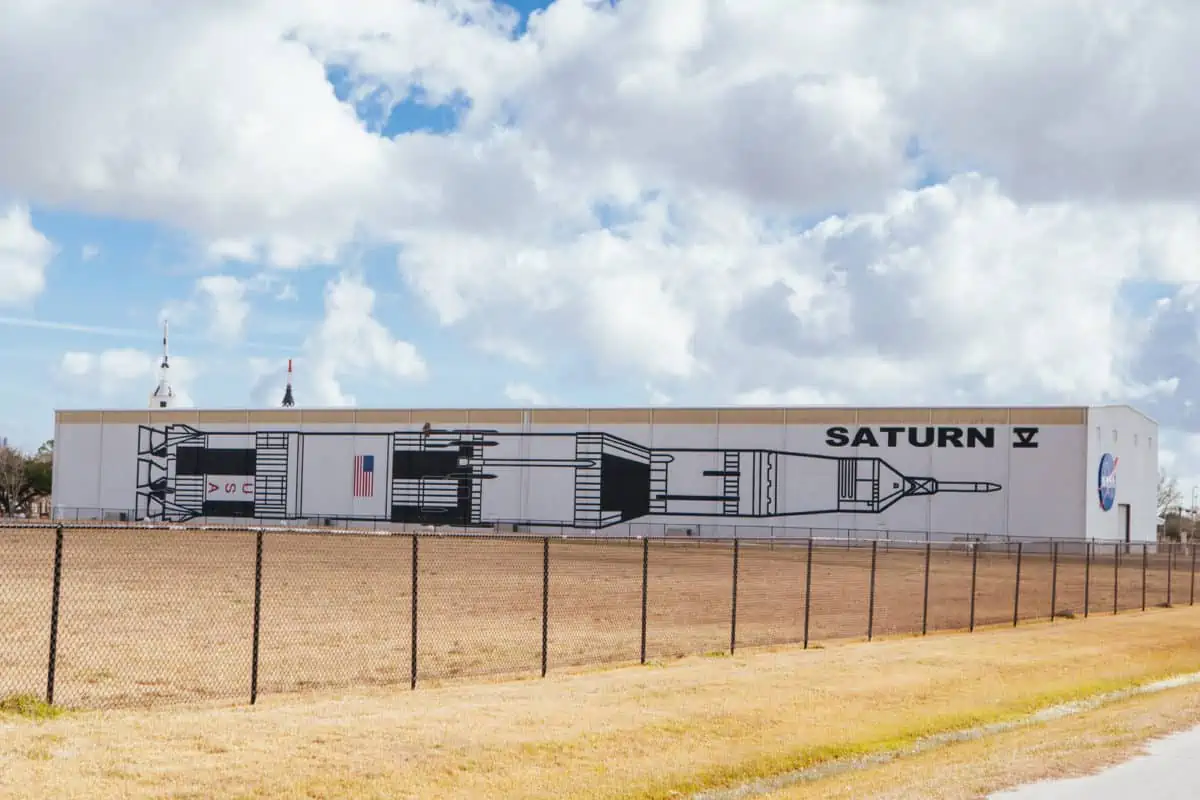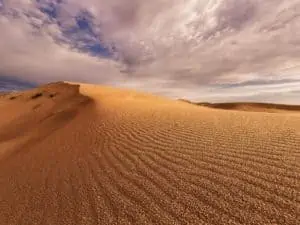The Lone Star State has been at the forefront of technical innovation and job creation for decades. It’s the 10th largest economy in the world and the biggest oil producer in the US. But though all this may be true, how important is Texas in the grand scheme?
The value of Texas is impossible to measure, but to say that the Lone Star State is “important” is an understatement. Texas isn’t only the largest oil-producing state in the US and the second largest by GDP after California. A large chunk of America’s funds comes from Texas.

How Important is Texas?
Texas is important because of several reasons. One, it’s the largest oil and energy producer in the state. Two, it has the second largest GDP after California and the 10th largest GDP in the world if it were a sovereign state. And three, it has a ton of natural resources that are important to the development of the US.
Let’s break these factors down individually:
Is Texas Rich?
Texas is the number one oil producer in the US, accounting for more than 40% of the national output. This is why Texas is called the oil superpower of America. It’s also a manufacturing powerhouse; in 2021, our manufacturing output was $226.16 billion—10% of total U.S. manufacturing goods.
Oil Production
By far, Texas is the largest oil-producing state in the US. In 2021 alone, we’ve produced over 1.5 billion barrels of oil, taking first place by a landslide. New Mexico, the second-largest oil producer in the country, has pumped out just under 460 million barrels in the same year.
Texas accounts for roughly 45% of the country’s crude oil production and 25% of the country’s natural gas production. With over 30 petroleum refineries, Texas has the biggest refining capacity of any state. It can produce almost 6 million barrels of crude oil daily.
If our state were to cease oil production, the country’s oil reserves would take a major hit. The economy would collapse, and the price of oil on American soil would skyrocket significantly. It may even trigger a recession.
Luckily, that won’t be the case anytime soon. We’ve been dealing with the oil business for over a century since the discovery of oil on Spindletop Hill near Beaumont in 1901, and it’s still going strong today. The Lone Star State is credited to have started the country’s modern oil era, changing the future of the American oil industry for the better.

Energy
As the second-largest state in the US after Alaska, it’s no surprise that the Lone Star State produces more electricity than any other state. It generates nearly twice as much energy as the country’s second-largest producer of energy, Florida.
Texas accounts for roughly 12% of the US’s total electricity net generation and 26% of the country’s wind-powered electricity generation.
Economy
The quote “Everything is bigger in Texas” isn’t a farce; we truly have bigger everything—including the Texas economy. As the second-largest state in the country, the Lone Star has always had a massive economic impact.
It’s the second largest by GDP after California and has had a gross state product of $2 trillion in 2021. It’s also home to six of the country’s biggest 50 companies, such as Dell, Texas Instruments, and others.
On top of that, Texas is at the forefront of agricultural production. About 86% of Texas land is in some form of agricultural production. It’s the number one producer of cattle and calves, accounting for 15% of the US total.
Likewise, we’re also the number one producer of hay, cotton, goats, sheep, mohair, and horses. Other top crops include corn, citrus, wheat, rice, pecans, peanuts, and sorghum.
Finally, Texas is one of the top exporters of agricultural commodities, such as live animals and meat, animal feed and fodder, cotton and cotton seed, and others.
Texas has around 247 thousand farms, putting it in the number one spot in terms of the total number of farms. Missouri, which is ranked second, only has 95 thousand farms. It’s believed that agriculture in Texas employs one out of seven working Texans.
Natural Resources
Another aspect that makes Texas so important is its abundance of natural resources. Under its soil, you’ll find large mineral deposits. This includes natural gas, petroleum, solar energy, lumber, and diverse and numerous water resources.
Space and Defense
Texas has played a large role in space exploration. The Johnson Space Center in Houston remains vital to this day, leading countless operations of the International Space Station and other efforts about manned spaceflight.
Texas has made immeasurable contributions to the US space program; with it, we probably wouldn’t be as knowledgeable in space as we are today.
Plus, Texas is the birthplace of more than 20 astronauts—the third most number of astronauts per state after New York and California.

What would happen if Texas secedes from the US?
Although often raised by the state’s conservatives, Texas can’t legally secede from the US. But what would happen if it did, theoretically? Firstly, the US would lose its biggest source of crude oil and natural oil. It would also lose a major part of its economy.
After all, Texas is the 10th largest economy in the world. The country would go into recession and fast. There’s also the issue of energy production. Without Texas, the US would lose 26% of the country’s wind-powered electricity generation.
That said, we can’t secede without major repercussions. While it’s no secret that our state is rich—in resources if nothing else—it still receives a lot of help from the American government. And if we were to secede, it would mean Civil War—as we discovered in 1861.
References
- Crude oil production in the United States in 2021: https://www.statista.com/statistics/714376/crude-oil-production-by-us-state/
- U.S. crude oil production by state 2021: https://www.eia.gov/energyexplained/oil-and-petroleum-products/where-our-oil-comes-from.php
- Texas Seceding From U.S. ‘Would Mean War,’ Law Expert Says: https://www.newsweek.com/texas-seceding-us-would-mean-war-law-expert-says-1717392
Christian Linden is a seasoned writer and contributor at Texas View, specializing in topics that resonate with the Texan community. With over a decade of experience in journalism, Christian brings a wealth of knowledge in local politics, culture, and lifestyle. He holds a Bachelor's degree in Communications from the University of Texas. When he's not writing, Christian enjoys spending weekends traveling across Texas with his family, exploring everything from bustling cities to serene landscapes.











